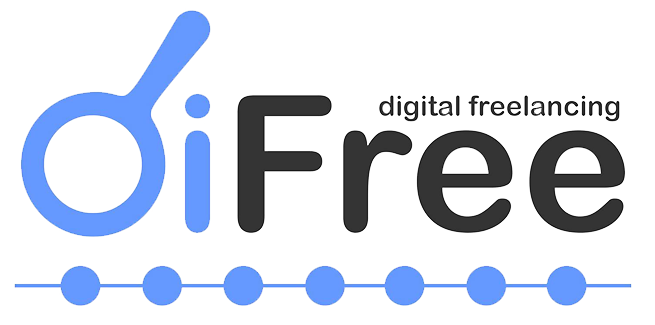Project Rationale

In June 2020, Malt, the French leading freelancer marketplace founded in 2013 by Vincent Huguet, a successful e-commerce startup founder, and Hugo Lassiège, a freelance developer, which is now home to over 360,000 freelancers and more than 50,000 registered companies in Europe, along with BCG, the Boston Consulting Group, an American global management consulting firm founded in 1963, jointly conducted a survey of more than 2,324 respondents in three countries (France, Germany and Spain) to better understand freelancing dynamics in Europe.
They wanted to find out who the freelancers are, why they choose to work as freelancers and what can be learnt from their work experience after COVID-19. Their research has produced a portrait of the digital freelancer, Freelancing in Europe 2021, available at this site, which reveals that in Europe
more than 22 million workers are self-employed; they are mainly male (65%), highly educated (> 75% have a 3-year HE degree), mostly working in tech/ data, communication/marketing and web/photo/sound creation professions (80%) and mainly practice agile ways of working and work remotely (63%).
The report also pinpoints how freelancing is not a choice made for want of better opportunities but a choice out of an informed will – freelancers value autonomy (in their management of time, tasks and workplace).
When the Consortium members surveyed target students and recent graduates about their interest in starting a freelancing career, they found out that they had never been shown the possibility of such a career during university job orientation and training programs.
Research conducted on available job hunting handbooks also reveal a lack of information on the topic.
DiFree Consortium wants to fill this educational and training void, by offering students and recent graduates practical information, guidance and skill development opportunities that may help them opt for a job as a freelancer, a profession that especially in recent times, during and after Covid-enforced lockdowns, has become increasingly dependent on IT skills and the ability to work online or in hybrid settings. It’s a profession that requires a vast array of skills and competences, besides digital ones, such as entrepreneurial, managerial, financial and communicative skills.




 Italiano
Italiano